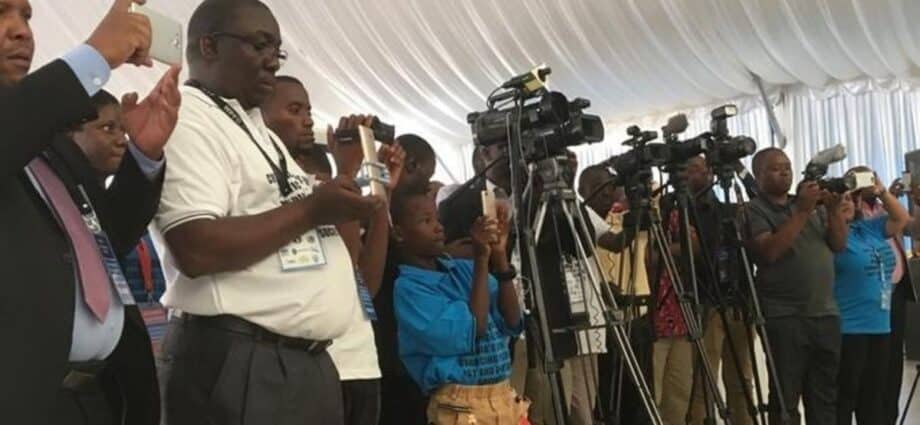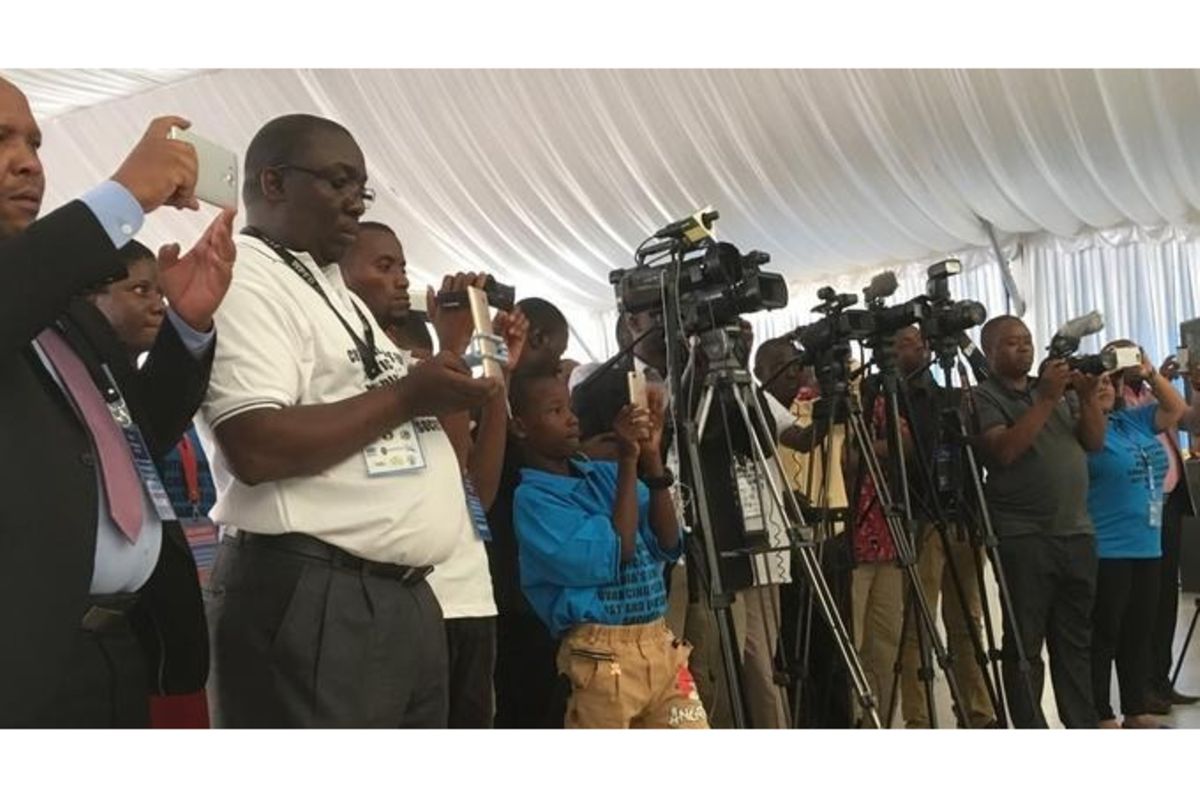By Kida Mwangesi
Media laws in Tanzania have for a number of years now been under scrutiny, with questions being asked as to whether they are indeed conductive to the media, journalism and journalists in the country.
This article attempts to analyse the current laws vis-à-vis freedom of expression and the right to access information in the country. Special emphasis is on blatantly repressive clauses in the laws and their impact on journalists and the media industry in general.
Media, in simple terms, are channels that provide information and entertainment and they range from printed platforms to electronic and digital outlets.
The government of the United Republic of Tanzania has enacted five laws that have a direct impact on freedom of expression and the way media operate in the country. These are the Cybercrimes Act of 2015; the Statistics Act of 2019, the Media Services Act of 2016; the Access to Information Act of 2015 and the Electronic and Postal Communications Act No. 3 of 2010.
Listed below are individual laws and their clauses, whose application adversely affects journalists in their day-to-day activities in lieu of freedom of expression and access to information as per Article 18 of the Constitution of the United Republic of Tanzania:
1. The Media Services Act
Section 19 (5) of this law confers powers on the Journalist Accreditation Board to cancel the accreditation of a journalist if it is satisfied that they are at fault as far as “gross professional misconduct” as prescribed in the code of ethics for journalists is concerned, or when a foreign journalist is deemed to have failed to pursue the purpose for which accreditation was granted. Sections 50, 51 and 53 of the Act places criminal liability on journalists in relation to defamation and publications deemed seditious.
These sections gives the board vast powers to penalise journalists for “gross professional misconduct” and therefore encroach on freedom of expression by placing criminal liability on them in a way that encumbers them in their professional activities since they are designed to create fear. Needless to say, a criminal record automatically makes it difficult for a journalist to be granted accreditation.
Section 58 authorises the Minister for Information to prohibit the importation of any publication deemed injurious to the public interest. This highly discretional authority does not augur well with journalism and is in direct contravention to the right to information as prescribed by the Constitution.
2. The Access to Information Act
Section 6 (1) of the Act allows an information officer to withhold any information which he/she thinks is not supposed to be public, or where he/she thinks that in the interest of the public, such information should not be released. Section 6(6) prescribes up to five years’ imprisonment for an information officer found guilty of disclosing any information that is strictly exempt from being disclosed to the public for security reasons. This obviously limits accessibility to information.
3. The Cybercrimes Act
Section 31 of the Act gives authorises police officers to search and seize a suspect computer system, which may be used as evidence in proving an offence, or acquired by any person as a result of an offence. This section gives police officers excessive powers, which they can abuse if they happen to harbour a grudge against journalists.
Section 32 of the Act gives law enforcement officers the authority to issue an order to any person in possession of data to disclose such data to the authorities when required. This section creates room for law enforcement officers to abuse their authority and interfere with the privacy of users. In journalism, sources of the information are supposed to be protected.
4. The Electronic and Postal Communications Act
Section 163 of the Act gives police officers and employees of the Tanzania Communication Regulatory Authority (TCRA) the authority to conduct searches if it is suspected that communication systems or devices have been installed, maintained, operated, or provided in contravention of the relevant regulations. They can also seize the same even if there is no prosecution in relation to the equipment or systems in question. TCRA can also impound the seized apparatus. Needless to say, these excessive powers put the media and media personnel in a precarious situation.
Granted, these laws have some advantages, but are generally open to abuse, much to the disadvantage of journalists, journalism and the media industry in general.
Kida Mwangesi is an Advocate of the High Court of Tanzania















